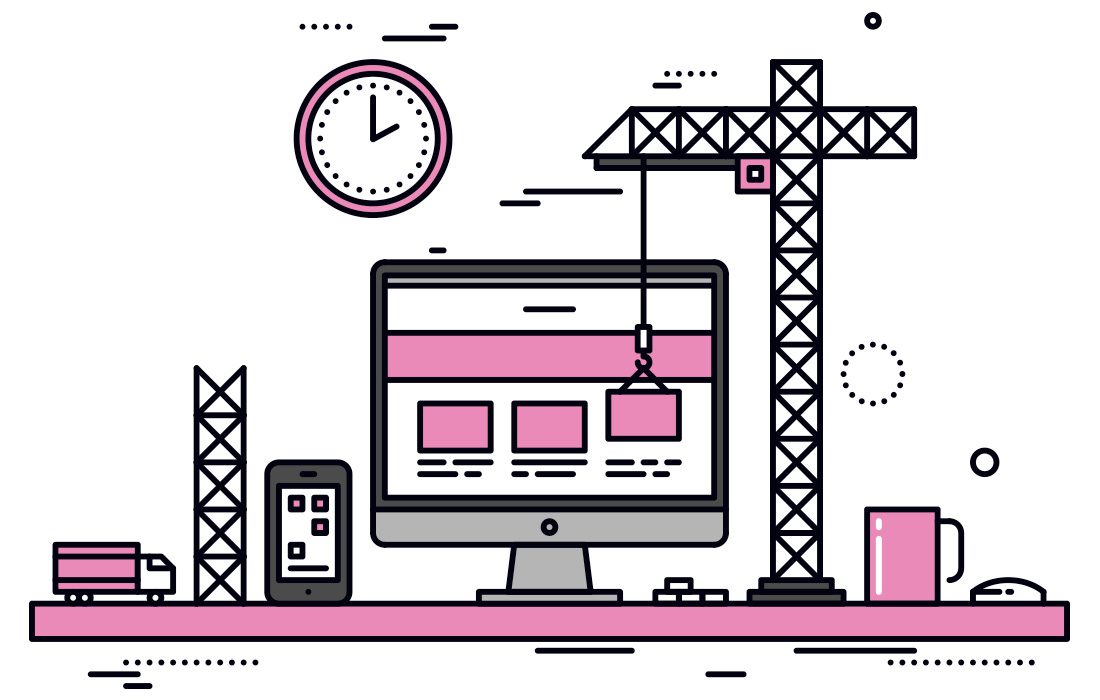Certainly both options; hiring a professional web design agency and using DIY website builders like Squarespace or Wix have their own sets of pros and cons. Let’s break down these aspects for each option:
Professional Web Design Agency:
Pros:
Customization: Professional agencies can create a website tailored to your specific needs and branding. They can implement unique features and functionalities that might not be available on template-based platforms.
High-quality design: Web design agencies have expertise in creating visually appealing and user-friendly websites. They can ensure that your website looks polished and professional, potentially leading to better user engagement and conversions.
Advanced functionality: If your website requires complex features or integrations (e.g., e-commerce, custom databases, membership portals), a professional agency can build and integrate these functionalities effectively.
SEO optimisation: Many agencies offer SEO (Search Engine Optimisation) services, which can improve your website’s visibility on search engines, potentially leading to higher organic traffic.
Scalability: A professionally designed website is more likely to handle growth and increased traffic without significant performance issues.
Cons:
Cost: Customised solutions and expertise come at a price, which might be a concern, especially for small businesses or individuals on a tight budget.
Time: Developing a website through an agency can take longer, as it involves discussions, revisions, and testing phases.
Dependency: After the website is built, you might need to rely on the agency for ongoing maintenance and updates, which can incur additional costs.
DIY Website Builders (Squarespace, Wix, etc.):
Pros:
Affordability: DIY website builders are cost-effective, especially for those starting out or with limited budgets. They offer a range of pricing plans, including free options.
Ease of use: These platforms are designed to be user-friendly, often utilising drag-and-drop interfaces, making it possible for individuals with minimal technical knowledge to create a basic website.
Speed: With templates and pre-designed elements, you can quickly set up a functional website without waiting for a development process.
Control: You have direct control over the design and content updates, enabling you to make changes on the fly.
Cons:
Limited customisation: While these platforms offer customisation, it might be limited compared to what a professional agency can provide.
Less unique: Due to the template-based nature of these platforms, your website might lack a unique and distinctive design, potentially impacting brand identity.
Limited functionality: While many basic features are available, complex functionalities might not be achievable without third-party integrations, which could be less seamless.
SEO limitations: While some SEO tools are provided, the customisation might be limited compared to what an agency could implement.
Scalability concerns: As your website grows and requires more advanced features, you might encounter limitations within the platform.
The decision between choosing the services of a seasoned web design agency and utilising a do-it-yourself website builder hinges on several key factors, encompassing your budget, time constraints, technical prowess and the extent of individualisation and functionality required by your website.
If your priority is a properly bespoke, feature-laden and distinctive website, it could be worthwhile to engage the services of a professional agency. Alternatively, if your aim is to procure a quick solution on a tight budget and you are content with some restrictions in terms of personalisation and functionality, then a DIY website builder may align more closely with your requirements. We believe that for ambitious businesses and organisations, investing in a professional web design agency can yield superior results and a distinct competitive advantage.

